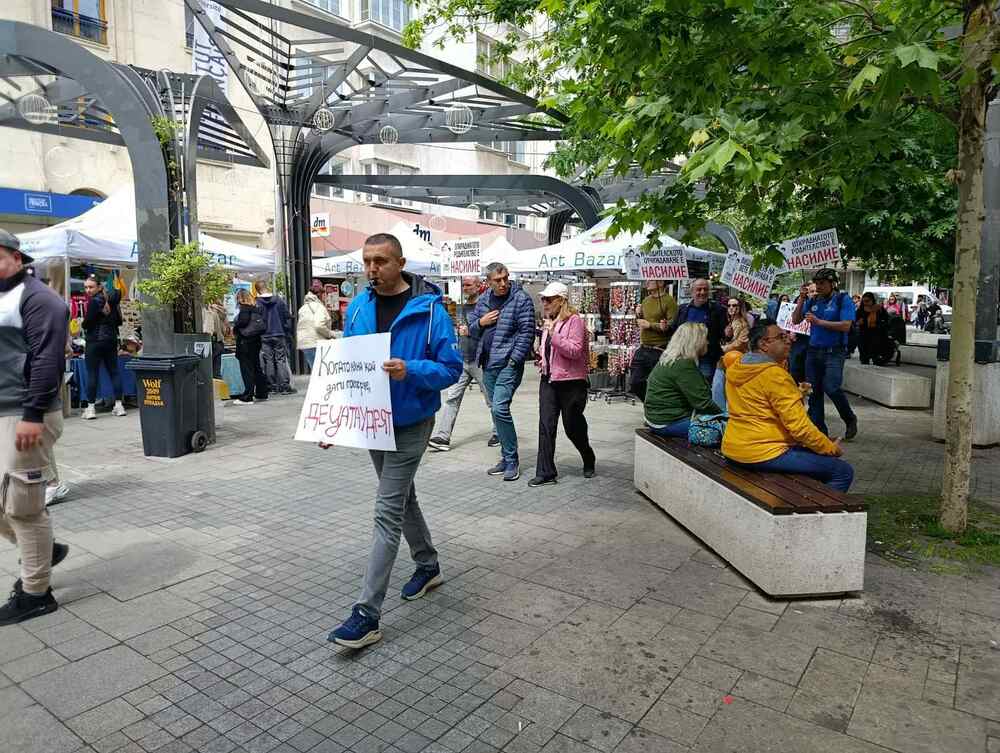site.btaChild-on-Child Violence on the Rise in Bulgaria, Is Recognized as Serious Social Issue - Survey


Child-on-child violence in Bulgaria is increasing, and the public is increasingly recognizing its many forms as a serious societal issue. This transpired from a survey titled “Public Attitudes on Issues Related to Violence Against and Between Children”, commissioned by the Lachezar Tsotsorkov Foundation, the organization announced.
The study was conducted by the research and consulting company ESTAT among 1,006 respondents aged 25 to 64, equally split between men and women, between February 26 and March 6, 2025, across Bulgaria.
According to the results, three-quarters of Bulgarians - or 75% - consider violence between children one of the leading societal threats. Another 20% see it as one of the most serious challenges of our time.
At the same time, only 1 in 10 parents report incidents when their child becomes a victim of violence, and just 3% seek institutional response when their own child exhibits violent behavior.
Most respondents view child-on-child violence as a direct path to crime and social insecurity - 71% associate it with rising crime, while 58% say it creates a risk-filled environment for all children.
The most common response is inaction, the survey shows. In more than a third of the cases, nobody even talks to the child victim about the incident. Families often remain closed systems, and the issue is silenced.
More than half of surveyed parents (59%) say their child has been a victim of violence, while 63% admit their child has acted violently - whether toward another child, an adult, or an animal. Despite these numbers, the topic remains shrouded in shame and silence.
The survey also reveals a pattern of inherited victimization: 7% of the children of parents who experienced violence in their own childhoods have also been abused, compared to just 3% among those whose parents were not victims.
Children of highly educated and affluent parents, residents of Sofia and smaller towns, as well as those living in Bulgaria’s Southwest region, are most often bullied by peers - whether older, the same age, or younger.
The public is able to identify the leading causes of childhood aggression. Nearly 80% link it to violence in the family and lack of parental control, while 65% point to negative peer influence. About 47% cite lack of emotional support and understanding as a cause. However, structural factors like poverty are often overlooked - only 23% recognize poverty as a root cause, revealing a lack of awareness about how socio-economic conditions affect children.
The foundation expressed concern that child-on-child violence remains confined within the family. “Each family experiences it individually, but the impact is collective,” said Marieta Gecheva, Program Director for Child Protection at the Lachezar Tsotsorkov Foundation. “We urgently need to develop children’s social-emotional skills from an early age - skills such as recognizing one’s emotions, compassion, and building friendships - to counteract the aggressive, envious, and dominant behavior models children too often encounter on social media,” she added.
The Lachezar Tsotsorkov Foundation was established in 2019 with the mission to contribute to the well-being of Bulgarian society by promoting culture, education, healthcare, and care for children in vulnerable situations.
/NF/
news.modal.header
news.modal.text